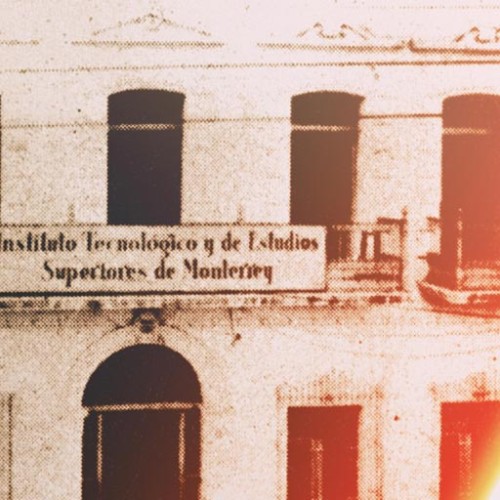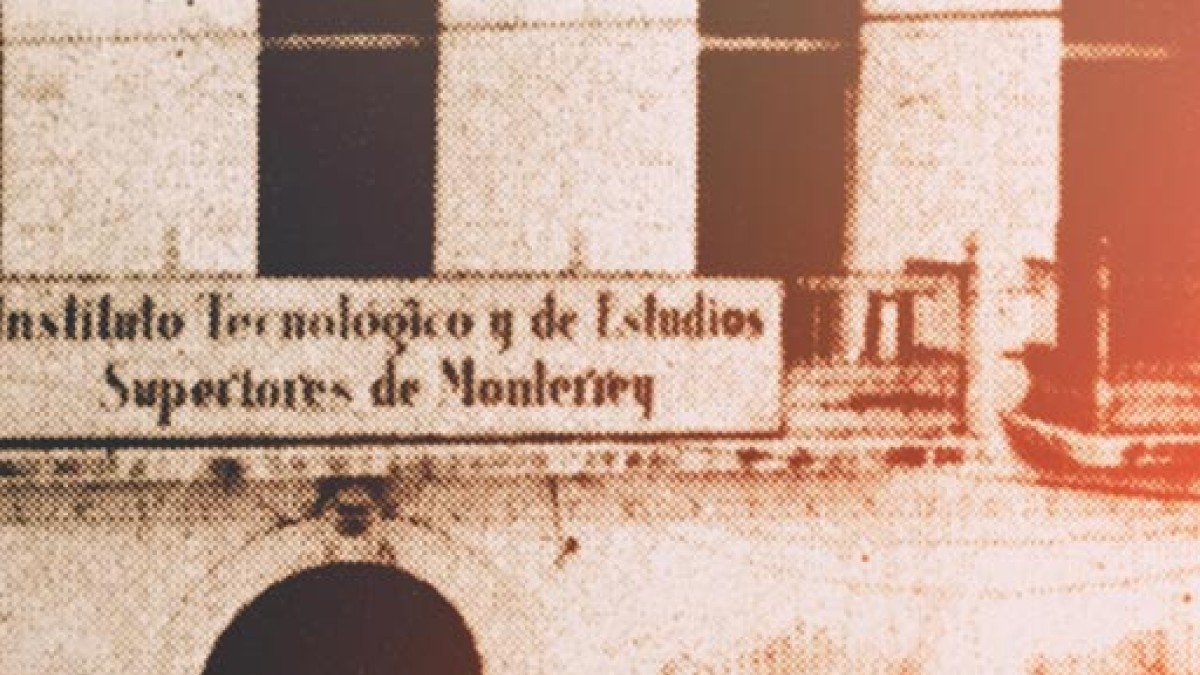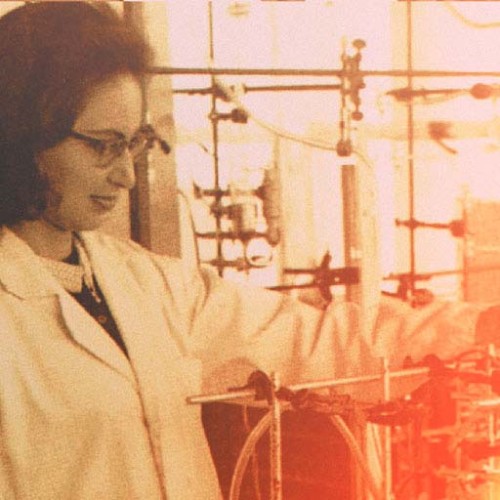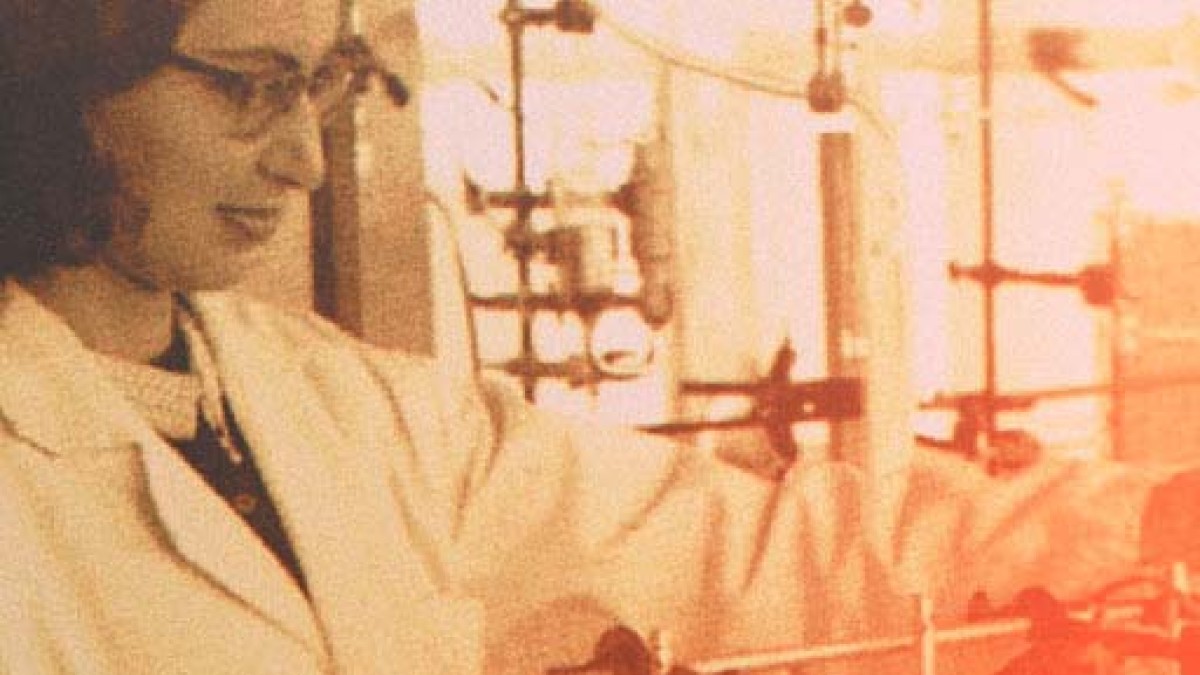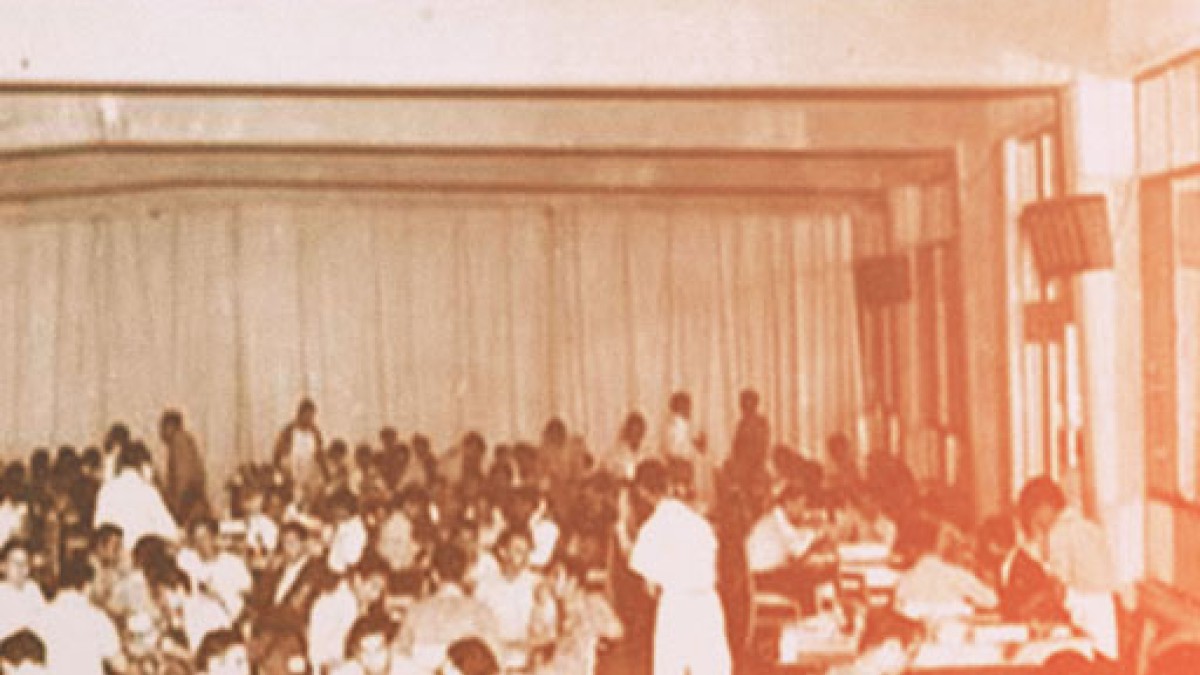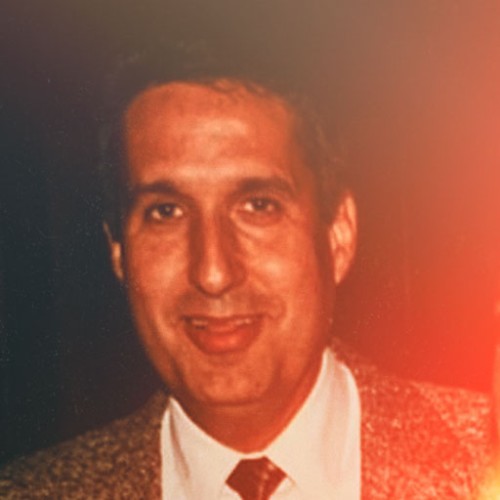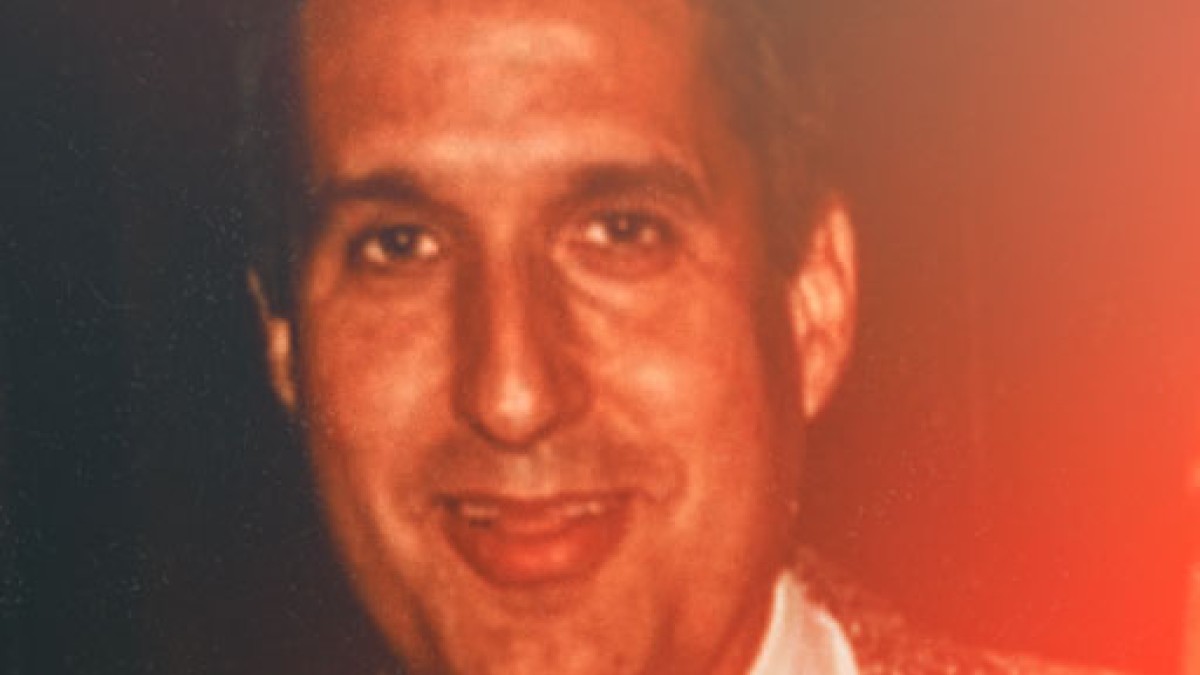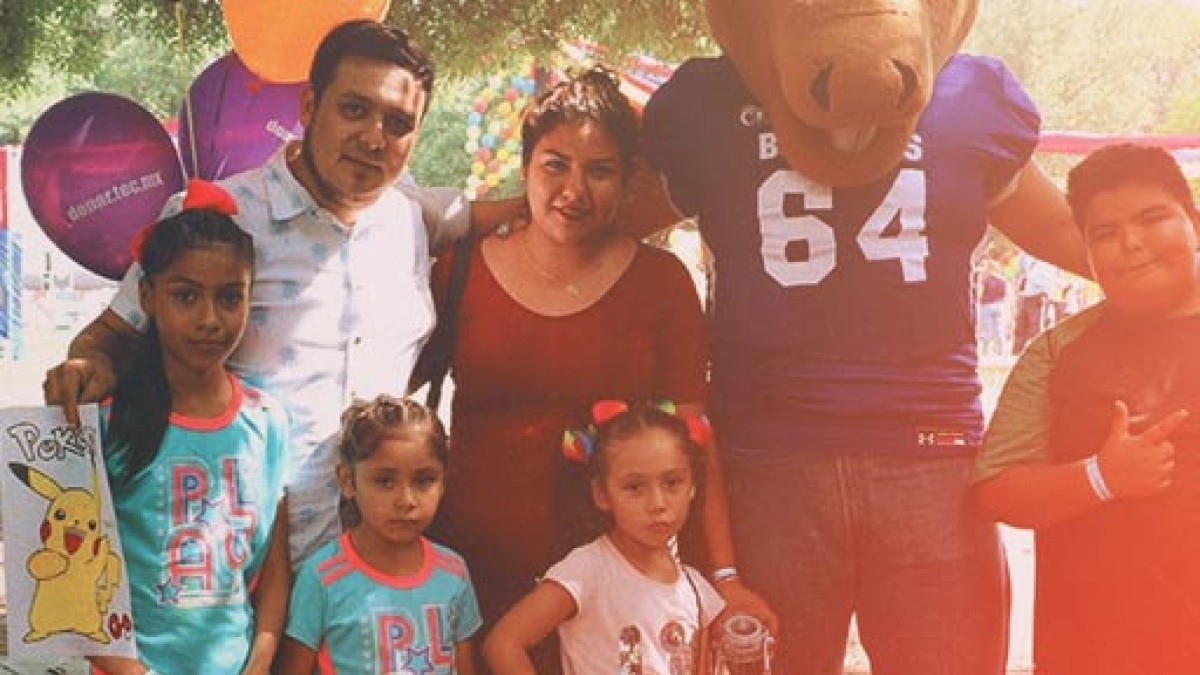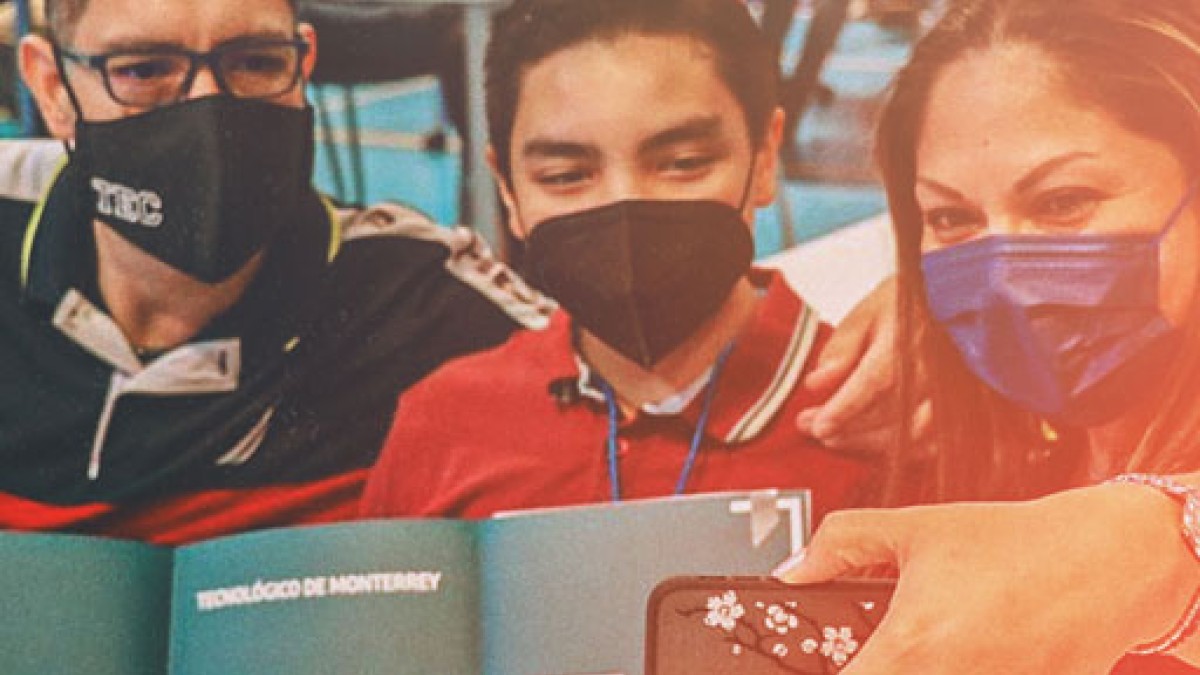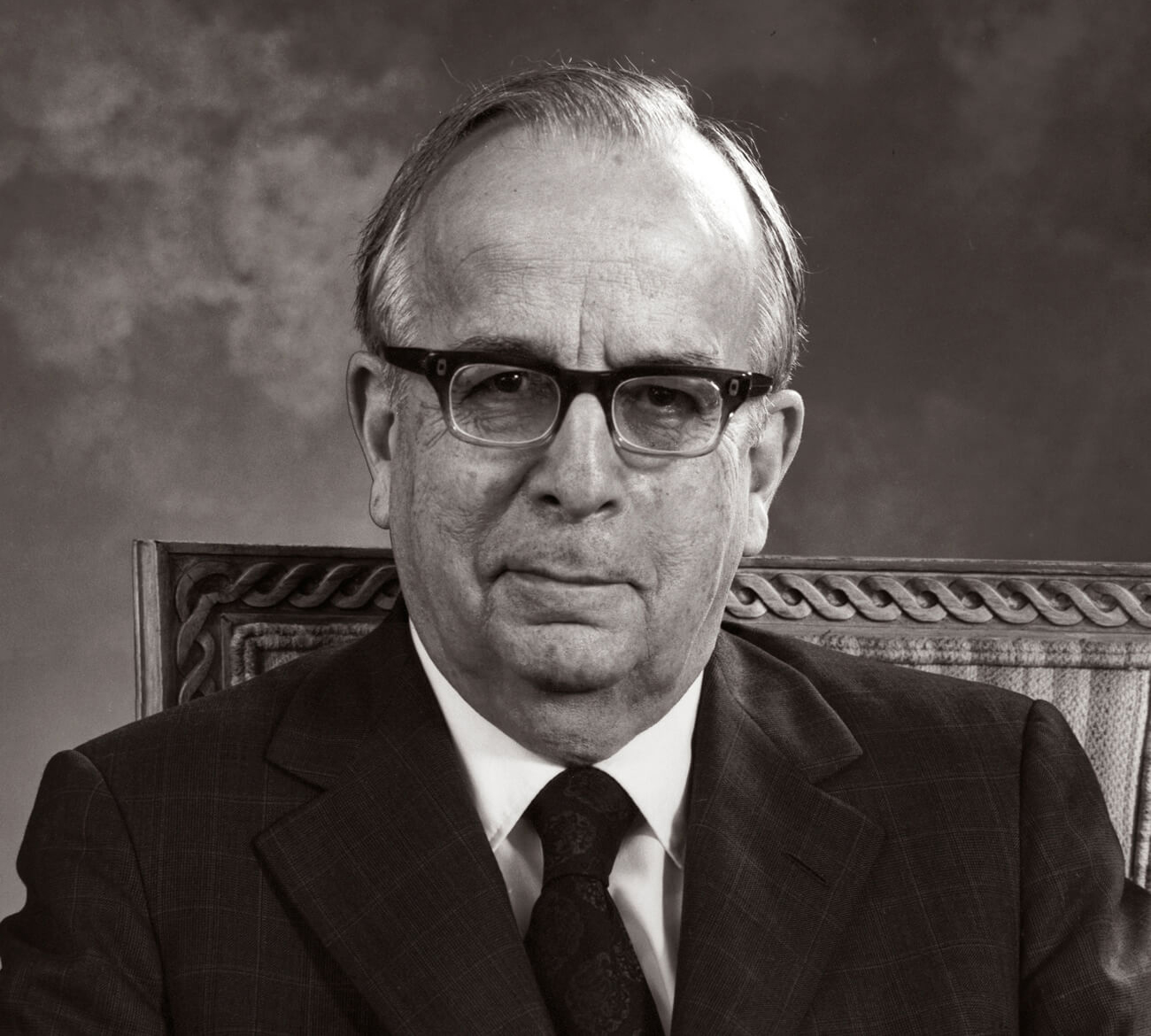Consejo de Campus Puebla
Miembros
Asociados Activos / Consejeros
Luis Contreras Olavarrieta (Presidente)
Paulina Sastrías Massieu (Vicepresidenta)
Ángel Enrique Fernández Ramón
Eduardo Kuri Chedraui
Elizabeth Aguirre Moreno Valle
Javier Migoya Iriarte
Jorge de Velasco Núñez
Asociados Activos / Consejeros
José Ignacio Menéndez Priante
Julián Villarroel de Cascos
Manuel Gancedo Del Río
Mario Salazar Martínez
Mario Adrián Salazar Pérez Duarte
Rodrigo Escudero Cárdenas
Jorge Rocha Orozco (Secretario)
Asociados Honorarios
Ángel Fernández Carbajal
Felipe Manuel Martínez Pérez Vasconcelos
Jorge de Velasco Rivero
Juan Ignacio Fernández Carbajal
